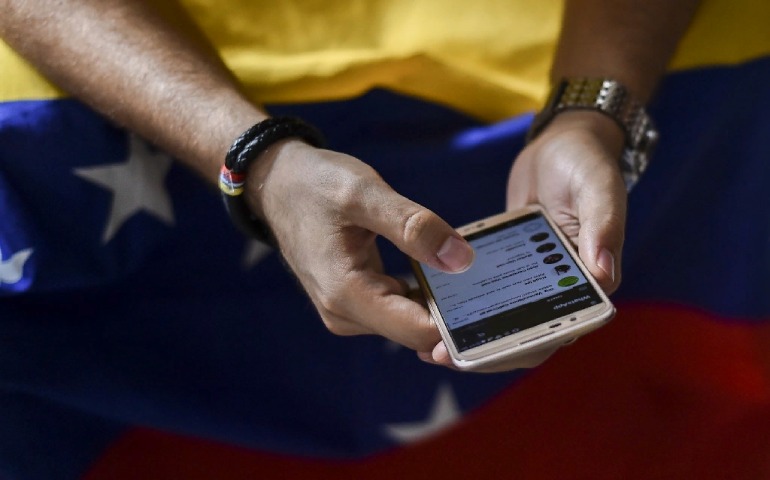

2024-01-30 14:23:00
Five years after its launch, the cryptocurrency created by Venezuela is coming to an end. The Petro cryptocurrency, which struggled to gain a foothold in the mainstream due to public distrust of the government, has paid the price for a massive corruption case that led to the resignation of the oil minister. This was supposed to allow Venezuela to circumvent US sanctions. Petro, the state cryptocurrency launched in late 2017 by President Nicolas Maduro's government, no longer exists.
On Monday, state-run online platform Patria said it would begin shutting down virtual wallets opened on its interface, the only one authorized to convert Petro into the national currency, the bolivar. While the government has not confirmed the end of the experiment, it is a setback for the government, which had pinned its hopes on the cryptocurrency to "overcome the U.S. financial blockade."
The Petro, officially backed by Venezuela's vast oil reserves, was intended by the president to "provide new forms of international financing for the country's economic and social development" at a time when US sanctions prevented it from issuing debt on financial markets.
Its value was originally set at $60 - the cost of a barrel of Venezuelan oil in 2018. But technical problems with the blockchain have raised doubts about the project's credibility. Henkel Garcia, director of Albus Data, told AFP that "there is no trust in Petro because there is no trust in the issuer," the Venezuelan state.
There were several reasons why the government decided to take a risk with cryptocurrencies. First, the use of cryptocurrencies in the country is particularly high. According to a study presented at the UN Conference on Trade and Development in 2022, more than 10% of Venezuelans own one, compared to just 8% of Americans and 5% of Britons.
Bitcoin was seen as a bailout in the face of galloping inflation. At the same time, the price of electricity in the country is very low. This made it possible to run mining farms at a reasonable price, enabling the creation of new units of cryptocurrency.
So why is the population of Venezuela still not using Petro? According to experts, its use is limited to mandatory transactions with the government - such as paying taxes. Distrust of this currency is due to the political situation in the country, which was rocked by a high-profile corruption scandal in May 2023. Local press reported on the likely embezzlement of "billions of dollars" at state-owned oil giant Petroleos de Venezuela, linked to officials of the body responsible for overseeing the cryptoasset sector (Sunacrip).
Members of Sunacrip's management team were arrested and have since been placed under the control of the restructuring board, which is now responsible for deciding whether to stop issuing Petro. Petroleum Minister Tarek El Aissami was forced to resign and is currently missing.
There is only a bitter taste left from the experiment, which should not encourage new states to manage crypto-assets on their own. By their very nature, cryptoassets are speculative, which has alienated some institutions like the International Monetary Fund, which sees central bank currencies as a way to take the wind out of their sails.
TAG:
Views: 408

I have been trading Forex for more than 5 years, mostly with manual and automatic trading. I set up advisors for round-the-clock automated trading. I'm sure I can help to establish your trading skills....
Comments ()